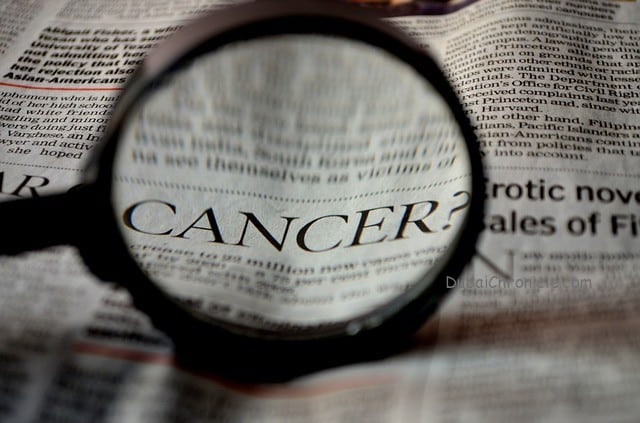
Belgian scientists say they’ve made a research breakthrough in the relationship between sugar and cancer.
Researchers found yeast with high levels of the sugar known as glucose overstimulated the same proteins often found mutated inside human tumors, making cells grow faster. The finding, published in Nature Communications on Friday, aims to shed light on how cancer develops.
Johan Thevelein, Wim Versées and Veerle Janssens started researching sugar’s link to cancer in 2008 to try and better understand what’s called the Warburg effect, when tumor cells make energy through a rapid breakdown of glucose not seen in normal cells. That energy fuels tumor growth.
The research is able to explain the correlation between the strength of the Warburg effect and tumor aggressiveness. This link between sugar and cancer has sweeping consequences. The results provide a foundation for future research in this domain, which can now be performed with a much more precise and relevant focus.
While it’s a monumental finding for the research team, it’s not a medical breakthrough. It also doesn’t prove that eating a low-sugar diet could change a cancer diagnosis.
The findings are not sufficient to identify the primary cause of the Warburg effect. Further research is needed to find out whether this primary cause is also conserved in yeast cells.
The research is great, but it comments only on about one product made during the breakdown of glucose to produce energy. It’s a small step in a long process.
They are providing a potential way (the Warburg effect) could be a cause of cancer, but they are a long way away from saying this could actually happen.




































